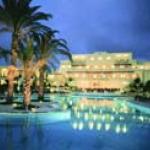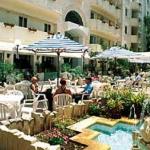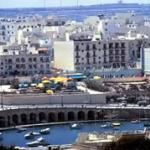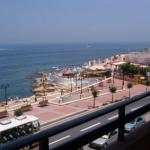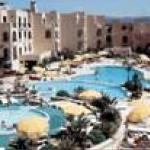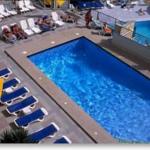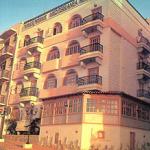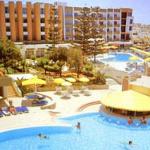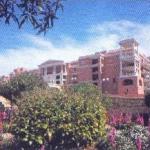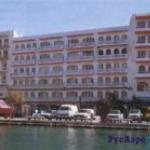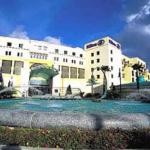Malta Traditions
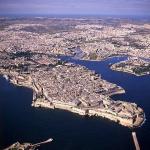 Predominantly Roman Catholic religion. The church has a great influence on the daily life of the country.
Predominantly Roman Catholic religion. The church has a great influence on the daily life of the country.Festive and religious activities in Malta are noisy, fun, beautiful and always accompanied by fireworks. The most unusual holiday - "Festa" (carried out continuously between February and December in various places on the island), a day of the patron saint of a parish church accompanied by the essential services, with colorful parades, a concert on the main street and fireworks. Malta Carnival (February), held annually from 1535 and is the most colorful festival of the country. In coming to St. John's Day weekend festival is "Il-Banda, accompanied by colorful processions of Mdina in Rabat. Eve L'Imnarya "held a solemn opening of the Agricultural Fair in Buskett Gardens, as well as the original races between donkeys and horses Reyskors Street and Klaphem Junction. The annual "Great Beer Festival is" capable of competing on a scale even with the "Oktoberfest" takes place in the town Ta'Ali (July-August).
Festivals and holidays: 31 March - Freedom Day, June 7 - Day of the martyrs, September 8 - Day of Victory over the Turks, 21 September - Independence Day, 13 December - Republic Day, 25 December - Christmas Day.
The number of sandy beaches on the islands is extremely small, most of the coast occupied by rocky and pebbly beaches, barely furnished, and not always readily available. At most beaches, there are no changing cabins and sun beds. But perfectly clean water near the coast (generally considered the most transparent in the Mediterranean) more than offset this disadvantage. Vegetation, especially in summer, scarce.
The level of the hotel often does not meet their "celebrity, information about the level of hotel available on the spot. Most of the hotels meet international standards, but there are exceptions. When choosing the hotel must be taken into account - whether it has its own beach (usually they are in perfect condition) or have to go to the sea (sometimes 20-30 minutes. On the bus).
Maltese - a very religious people. Religious orders and canons followed very jealously. Therefore you should not enter the church in a headdress, or in beach clothes, and the photo-and video better than to get permission in advance, the benefit is absolutely free. Stay on public beaches "topless" insulting to local residents, not to mention nudism. On the beach hotels set their own standards of conduct, to be aware of in advance.
In Malta, the traditionally low crime rate. Pickpocketing and theft of bags occur relatively rarely, but the number of thefts and thefts from parked cars is constantly growing. Avoid leaving valuables in the car, and large sums of money and documents should be stored in a safe hotel. A policeman well versed in English, very friendly and they can always ask for help in case of unforeseen circumstances, and just for help. Names of the Maltese localities, though written in Latin, but quite long and difficult, and often reduces that need to be aware when reading maps or routes of transport. For example, Birkirkara often referred to as B `Kara, Marsascala - M` Scala Birzebbudzha - B `Budzhiya etc.
Maltese always go to bed early enough - this time in 20.00, with the onset of darkness, life almost stops, only in the area of Sliema and Pachvillya working places of entertainment and cafes. For diving you must obtain local approval - a "map C". It is issued in a diving center upon presentation of medical certificate (available locally), two photographs, ship's books and collect payment in 1 lira. To swim alone, you must obtain a certificate equivalent to CMAS / 2. Schools also provide lessons for beginners, taking exams CMAS or PADI. Spearfishing is prohibited, as are several archaeological sites, where diving is prohibited. When finding the water of any archaeological value, touch it prohibited - should report the find to the museum or school diving.
